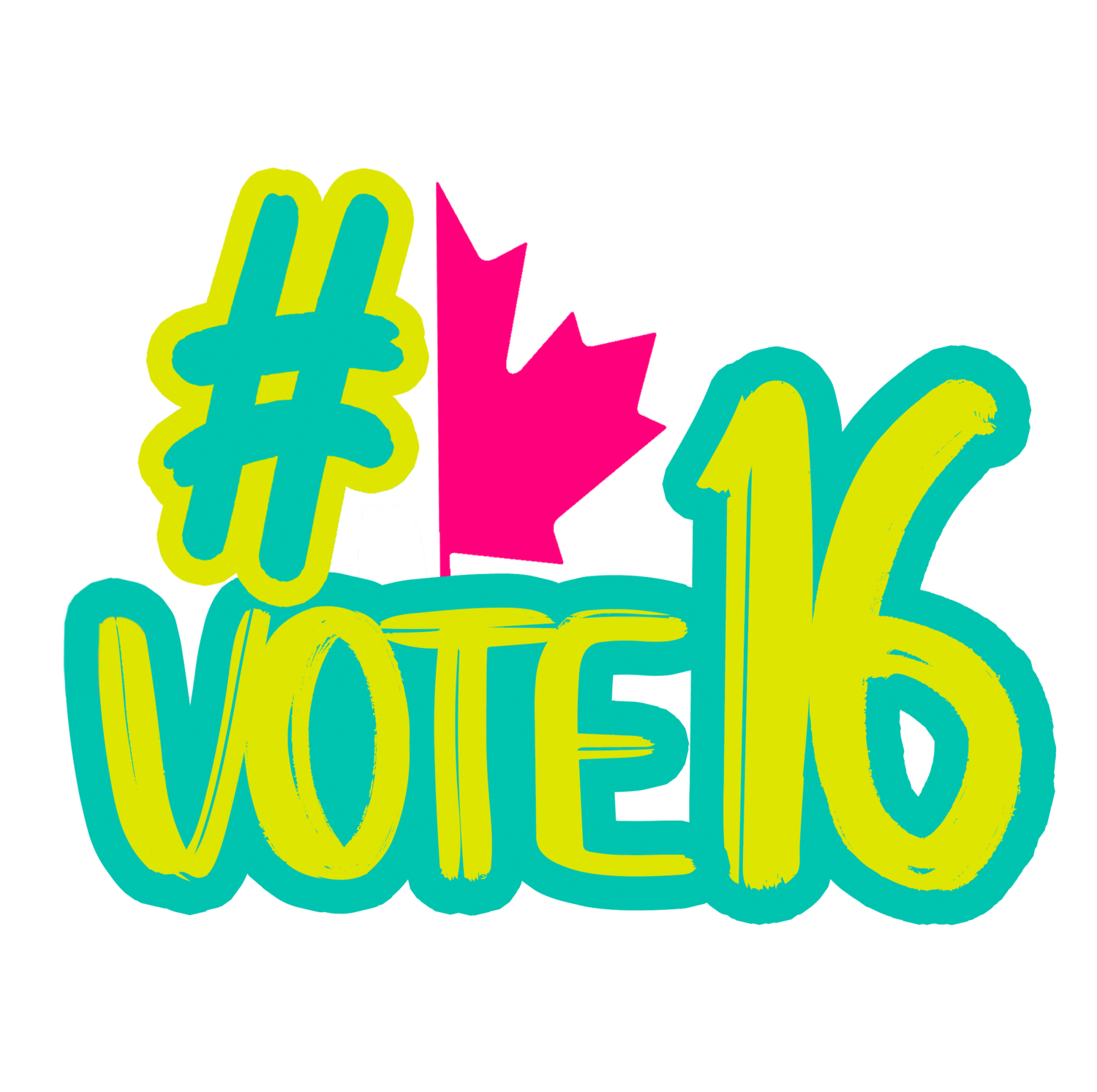
VOTE16 SUMMIT EXPERIENCE
By Sommer Pesikan, Research Intern at the Samara Centre for Democracy

On May 29th 2024, I had the opportunity to travel to Ottawa and attend the very first national summit on Vote16. This conference promoted Bill S-201: a legislation proposed by Senator Marilou McPhedran to lower Canada’s voting age to 16 years. I attended this summit with the Samara Centre for Democracy, a non-partisan charity and research centre, with whom I have been volunteering as a research intern for the past academic year. I was extremely impressed by the passion and expertise displayed by the youth presenters in advocating for this cause. Being surrounded by individuals from countries around the globe where the voting age has successfully been lowered to 16, such as Brazil and Scotland, I wondered: why has Canada yet to follow suit?


At this summit, many of the panelists rebutted the arguments against Vote16. One reason for the hesitancy towards youth voting is that some citizens feel that it would produce polarizing results, where youth are more likely to vote for the extreme left/right parties. However, this summit revealed that this is not the case. Youth are not a monolithic group, but rather have political opinions that range all over the spectrum. Additionally, skeptics of the movement are reluctant to support Vote16 because they feel that 16-yer-olds are not capable of making an informed vote. As I listened to the youth presenters, it became evident that they were more knowledgeable and passionate about civics than many adults, highlighting that age is not a measure of ability. Beyond this, a reoccurring message that I heard throughout the summit was that no one in the room has ever met a young person who doesn’t care about anything. So long as people feel passionate about an issue, they should be able to vote. In fact, the only qualification on voting is citizenship. In this way, cognition should never be a limitation on voting rights and there is no political belief that should disenfranchise anyone from the right to vote.
Further, I felt some hesitancy from a few youth audience members as well, regarding the impact that Vote16 will have on improving democracy. As I listened to the questions posed by young audience members, it became clear that Canada’s democracy faces a crisis of confidence, especially among youth, who are losing faith in governmental accountability. For example, an audience member asked, “what is the point of allowing youth to vote when politicians already fail to resolve the many global crises that ensue?” In other words, how would Vote16 improve democracy? In response, the youth panelists revealed that Vote16 may help to bridge this gap: it represents the very change that our democracy needs to reinvigorate the political participation of young people and to rectify the power imbalance that excludes youth from decision-making. In this way, Vote16 aligns with the adaptive nature of Canada’s democracy, which is designed to evolve over time to meet the changing needs of its citizens.


Moreover, youth voting is not just about casting ballots- it serves as a gateway to address a plethora of rights issues, including environmental, LGBTQ+, and Indigenous rights. Of particular significance is the intersection between Vote16 and Indigenous rights. After speaking with the co-directors of Make It 16 Inc, a youth-led activist group seeking to lower New Zealand’s voting age to 16 years, the relationship between youth voting and decolonization became clear. Prior to colonialism, a system of deliberative democracy prevailed; that is, a system of government involving discourse that is free from distortions of unequal power. All citizens, including youth, were able to participate in political decisions. By validating the political opinions of youth, Vote16 serves as a decolonial movement. This month,* the Senate will vote on the Vote16 Act. In order to achieve a positive result, those in support of this cause are encouraged to email the Senator(s) in their province/territory and explain why this bill is important to them.
*UPDATE: the Senate bill died on the Order Paper when Parliament was prorogued.


